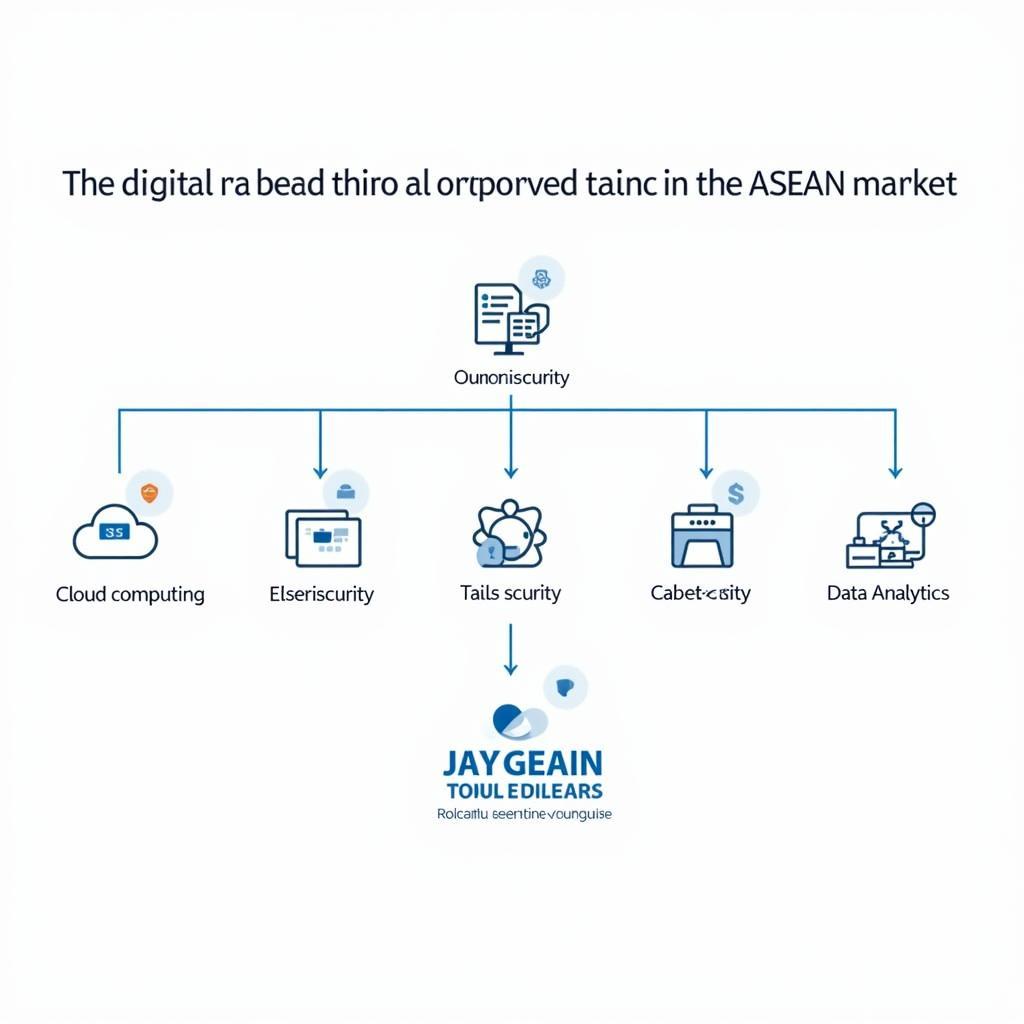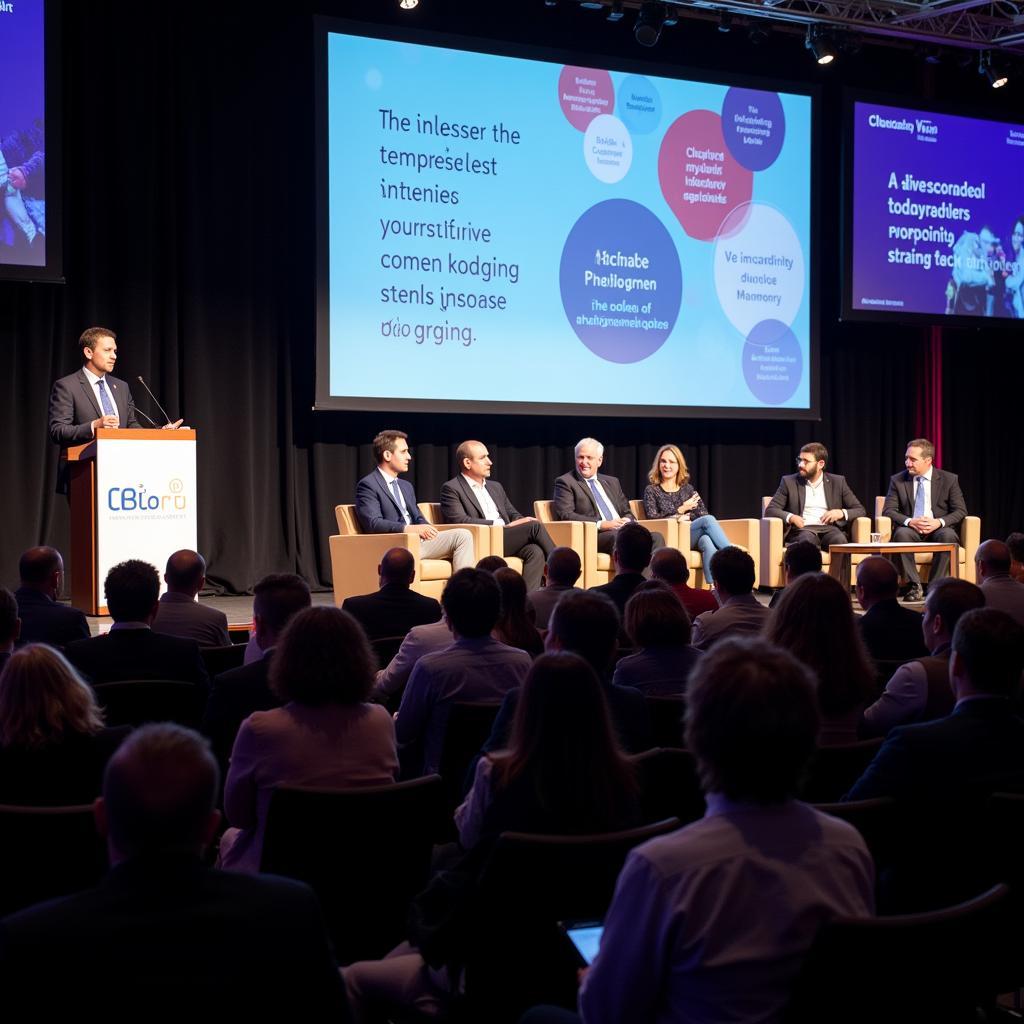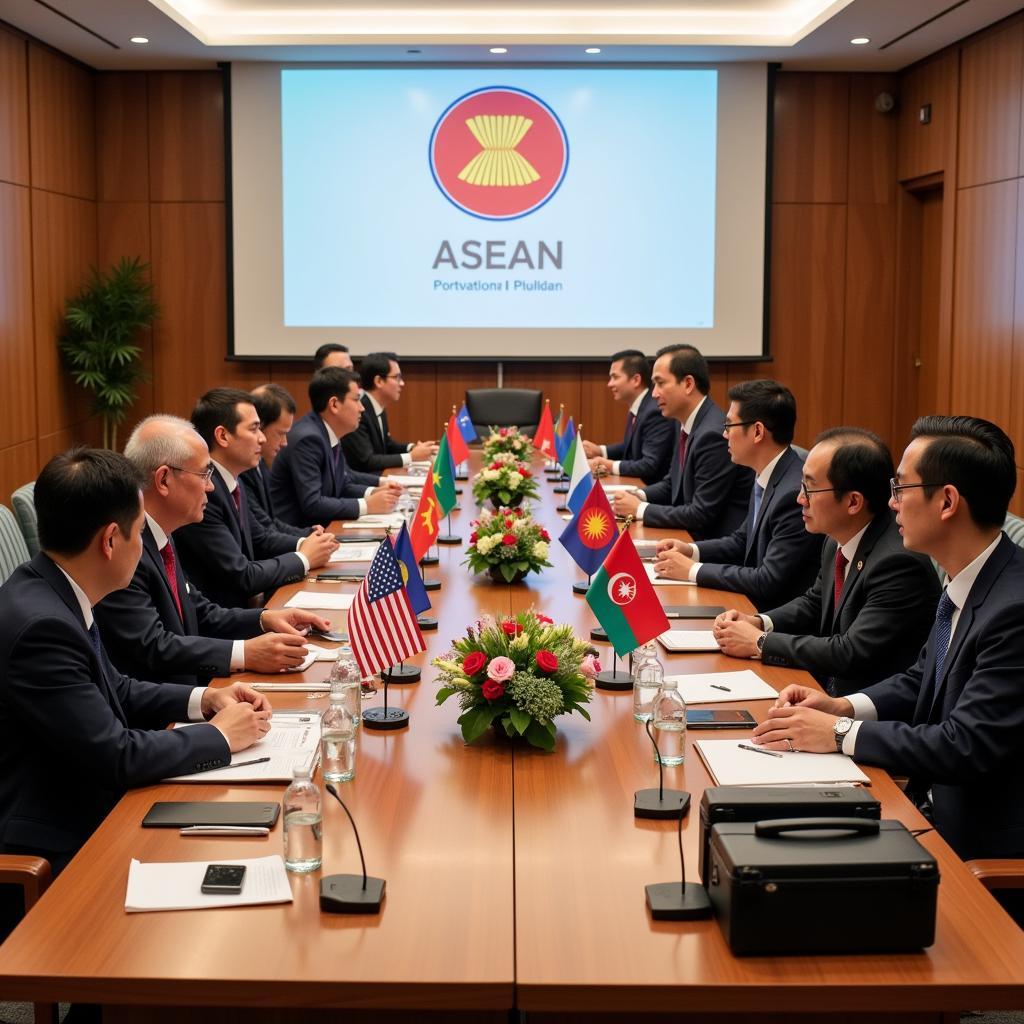Racism, a deeply ingrained societal ill, casts a long shadow even in a region as diverse and culturally rich as Southeast Asia. While ASEAN (Association of Southeast Asian Nations) prides itself on unity and cooperation, the reality is that incidents of racism and discrimination persist, challenging the very fabric of its existence. This article delves into the complexities of racism within the ASEAN context, exploring its root causes, manifestations, and potential solutions.
The Face of Racism in ASEAN: Beyond the Surface
Racism in ASEAN is not always overt or violent. It often manifests in subtle forms, deeply woven into everyday interactions and societal structures. From microaggressions and stereotypes to systemic biases in education, employment, and access to opportunities, racism takes on various forms, often going unnoticed or unaddressed.
One of the most prevalent forms of racism in ASEAN is prejudice based on ethnicity and nationality. For instance, migrant workers from less developed ASEAN countries often face exploitation, discrimination, and social exclusion in more affluent member states. They are often relegated to low-paying jobs, denied fair wages and decent working conditions, and subjected to verbal and physical abuse.
Another manifestation of racism is the discrimination faced by ethnic minorities within ASEAN countries. Indigenous communities, in particular, often bear the brunt of prejudice and marginalization. Their land rights are violated, their cultural identities are threatened, and they face significant barriers in accessing basic services like healthcare and education.
The Roots of Racism: Unpacking Historical and Social Factors
Understanding the root causes of racism in ASEAN requires a nuanced examination of historical, social, and economic factors. Colonial legacies, for instance, have left an indelible mark on the region, creating hierarchies of power and privilege that continue to influence inter-ethnic relations. The legacy of divide and rule policies, coupled with the economic disparities that emerged during colonial times, has contributed to tensions and mistrust between different ethnic groups.
Furthermore, rapid economic development and globalization have fueled competition for resources and opportunities, exacerbating existing inequalities and often manifesting in the form of ethnic or racial prejudice. Social media and the internet, while connecting people across borders, have also provided platforms for hate speech and online harassment, further fueling racism and xenophobia.
Combatting Racism: Towards an Inclusive ASEAN
Addressing racism in ASEAN requires a multi-faceted approach, one that tackles both the overt and subtle forms of discrimination. Governments, civil society organizations, and individuals all have a crucial role to play in dismantling racist structures and fostering a culture of inclusivity.
Strengthening legal frameworks to protect the rights of all individuals, regardless of race, ethnicity, or nationality is paramount. This includes enacting and enforcing anti-discrimination laws, promoting equal opportunity policies, and ensuring access to justice for victims of racial discrimination.
Education plays a vital role in combatting racism by promoting tolerance, understanding, and empathy among different communities. Schools and universities should incorporate diversity and inclusion into their curricula, educating students about the history of racism and its contemporary manifestations. Intercultural dialogues, exchange programs, and youth leadership initiatives can also help break down stereotypes and foster cross-cultural understanding.
The Way Forward: Embracing Diversity, Rejecting Racism
The journey towards a truly inclusive ASEAN requires a collective commitment to dismantling racism in all its forms. By acknowledging the existence of racism, understanding its root causes, and implementing comprehensive solutions, ASEAN can move closer to realizing its vision of a peaceful, prosperous, and inclusive community of nations.
Frequently Asked Questions (FAQs)
1. What is being done to address racism against migrant workers in ASEAN?
ASEAN has taken steps to protect migrant workers’ rights, including the ASEAN Consensus on the Protection and Promotion of the Rights of Migrant Workers. However, implementation remains a challenge, and more needs to be done to ensure their fair treatment and protection from exploitation.
2. How can I contribute to fighting racism in my community?
You can start by educating yourself about the different forms of racism and challenging your own biases. You can also support organizations working to combat racism, speak out against discrimination, and promote inclusivity in your own circles.
Need more information?
Explore more about the individuals shaping ASEAN’s future:
Let’s work together to create an ASEAN where diversity is celebrated, and everyone feels safe and respected.
Contact us for assistance at:
Phone Number: 0369020373
Email: [email protected]
Address: Thon Ngoc Lien, Hiep Hoa, Bac Giang, Vietnam
Our customer support team is available 24/7 to assist you.


